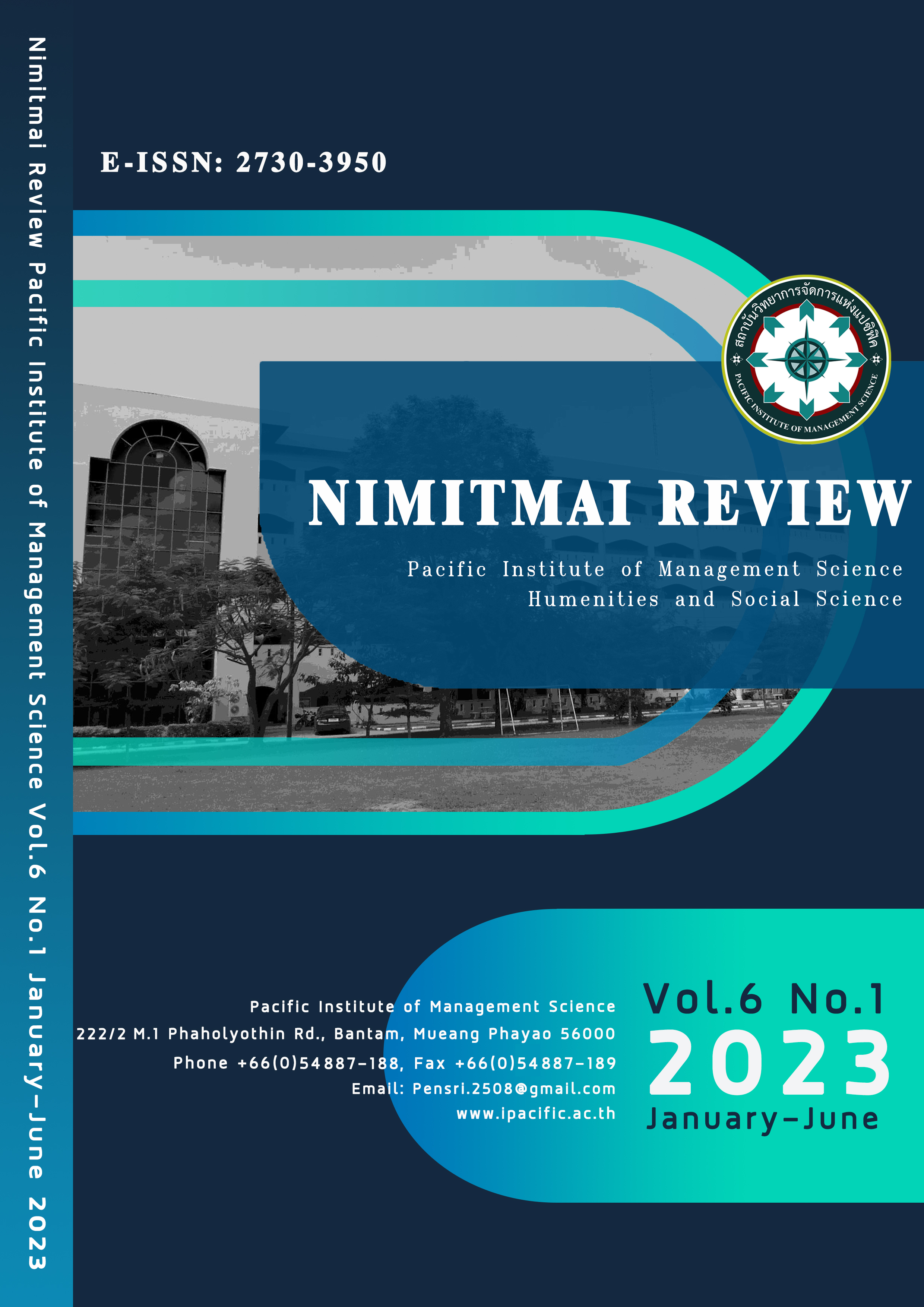Impact of Artificial Intelligence Assisted Approach on English Teaching and Learning
Keywords:
Artificial intelligence teaching , learning activities , Keywords: Artificial intelligence teaching and learning activities, impact, analysis, analysisAbstract
The research objectives are to study the impact of artificial intelligence assisted approach on English teaching and learning. The research is mixed method of qualitative and quantitative research. Quantitative research investigations applied pilot study, case study in Qiannan Normal Universities for Nationalities in Guizhou Province in China, and overall investigation from universities in China. Data collecting method is carried out by adopting China’s most reliable and academic research website wjx.cn. In qualitative research, semi-constructed interview is conducted in Qiannan Normal Universities for Nationalities in Guizhou Province in China. The research employs ANOVA analysis, reliability analysis, regression analysis and other necessary analysis methods to assess the variables and to test hypothesis. Findings in researches from the respondents’ perspective show that artificial intelligence assisted approaches are functioning as promoter for English teaching and learning and acting as a tester for source of classroom data and assessment in terms of classroom performance. The significance of the research is to advocate educational innovation and reform focusing on the development of an educational model of “teaching, learning, examination, evaluation, and management” to promote the integration of technology and educational scenarios and further promote the empowerment of smart education. What’s more, the way out is to take education informatization as an endogenous variable of educational systemic changes to promote the development of artificial intelligence in assisting education. The measures to take is for education research to create different models for smart education in running schools of AI with different characteristics based on their geographical location, economic condition, cultural advantages and physical resources advantage.
References
Coggine. A. (2018). Understanding Artificial Intelligence: 3 Key Concepts, from http://www.CTOVision.com.
Lei. C. (2020). Riding on the Momentum to Start a New Journey of CERNET Construction. China Education Online, 12-02-2020.
Li, R. (2020). Using Artificial Intelligence in Learning English as a Foreign Language: An Examination of IELTS LIULISHUO as an Online Platform. Journal of Higher Education Research, 1. https://doi.org/10.32629/jher.v1i2.178
Li. C. (2019). Application and Research Hotspot of Artificial Intelligence in Foreign Language Teaching. China Education Informatization, China.
Metaxiotis, K. S. & Samouilidis, J. E. (2000). Expert Systems in Medicine: Academic Illusion or Real Power. Information Management & Computer Security, Vol. 8, pp. 75.
McGuire B. (2006). The History of Artificial Intelligence. University of Washington.
Mukhallafi, T. R. A. (2020). Using Artificial Intelligence for Developing English Language Teaching/Learning: An Analytical Study from University Students‟ Perspective. International Journal of English Linguistics, 10(6), 40. https://doi.org/10.5539/ijel.v10n6p40
Nur Fitria, Tira (2021).The Use Technology Based on Artificial Intelligence in English Teaching and Learning, The Journal of English Language Teaching in Foreign Language Context (2021), Vol 6(2)DOI: 10.24235/eltecho.v%vi%i.9299
Popenici S. A. D. & Kerr. S.(2017). Exploring the impact of artificial intelligence on teaching and learning in higher education. Research and Practice in Technology Enhanced Learning.
Ukachoke. C. (2018). The Basic Theory of the Mind-The Basic Theory of What We Are. Charansanitwong Printing Co. Bangkok, Thailand, from https://mindtheory.net/.
Yang, J.& Zhang. B (2019). Artifificial Intelligence in Intelligent Tutoring Robots:
A Systematic Review and Design Guidelines. Applied Sciences, Beijing 100071, China.
Downloads
Published
Versions
- 2023-08-04 (3)
- 2023-08-04 (2)
- 2023-06-30 (1)
How to Cite
Issue
Section
License
Copyright (c) 2023 Nimitmai Review Journal

This work is licensed under a Creative Commons Attribution-NonCommercial-NoDerivatives 4.0 International License.



